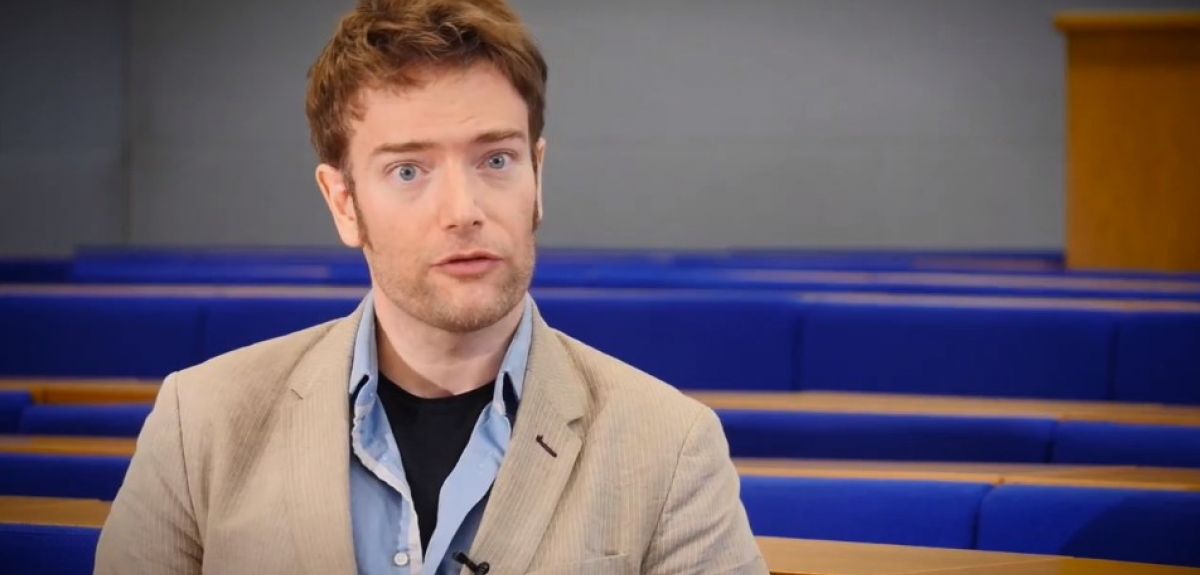
Credit: University of Oxford
Oxford professor joins the leadership team for National Quantum Computing Centre
Professor Simon Benjamin, Professor of Quantum Technologies at the University of Oxford, has today been appointed Deputy Director for Research at the National Quantum Computing Centre.
An interim leadership team has been appointed to drive forward the development of the UK’s National Quantum Computing Centre.
The centre will place the UK at the forefront of quantum computing, bringing together academia, business and government to address key challenges such as the scalability of this transformative new technology.
It is being created as part of the second phase of the UK’s National Quantum Technologies Programme, a ten-year, £1 billion programme to accelerate the development of quantum technologies, and will be established with a £93 million investment managed by UK Research and Innovation (UKRI).
Professor Simon Benjamin, Professor of Quantum Technologies at the University of Oxford, said: ‘The UK has long been a world leader in quantum computing science. There's now an international race to take the science out of the lab and realise practical technologies. I believe the National Quantum Computing Centre can give the UK the edge it needs to turn scientific excellence into a vibrant ecosystem involving academia, government, organisations, industry and startups.’
The leadership team will be responsible for the design of the centre, including its operating model and community engagement, development of the process to determine technology platform priorities and the design of the building.
Dr Michael Cuthbert, Business Development Director and Quantum Technologies Sector lead at Oxford Instruments, who has been appointed as Director of the centre said: ‘I am honoured and hugely excited to lead the establishment of the National Quantum Computing Centre, which will bring together a wealth of talent and experience from across the UK.
‘Quantum computing has the potential to be both a disruptive and transformative technology. In the creation of the NQCC, UKRI continues to demonstrate its ambition not only to nurture great science and develop leading edge technologies in the UK but also to ensure that economic impact is realised in the UK. The NQCC will be at the heart of this endeavour.’
As part of their work, the leadership team will engage broadly with key stakeholders in government, academia and industry to establish a user community, create a roadmap for the development programme and establish a centre at the heart of the UK’s quantum computing community. The team brings together expertise and experience from across the UK’s quantum technology sector.
The development of the centre is being led by UKRI’s Engineering and Physical Sciences Research Council and Science and Technologies Facilities Council. Further information on its development will be provided later in the year.
 Expert Comment: Church-to-mosque conversions grab headlines, but is funding the real crisis?
Expert Comment: Church-to-mosque conversions grab headlines, but is funding the real crisis?
 Expert Comment: Four years of full-scale war and Ukrainian resistance continues
Expert Comment: Four years of full-scale war and Ukrainian resistance continues
 Oxford and Liverpool join forces to tackle global challenges
Oxford and Liverpool join forces to tackle global challenges